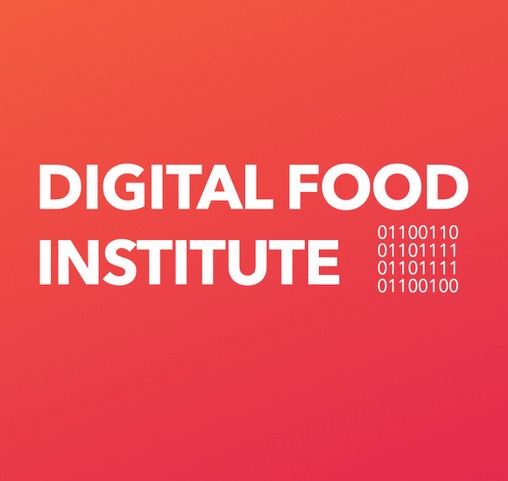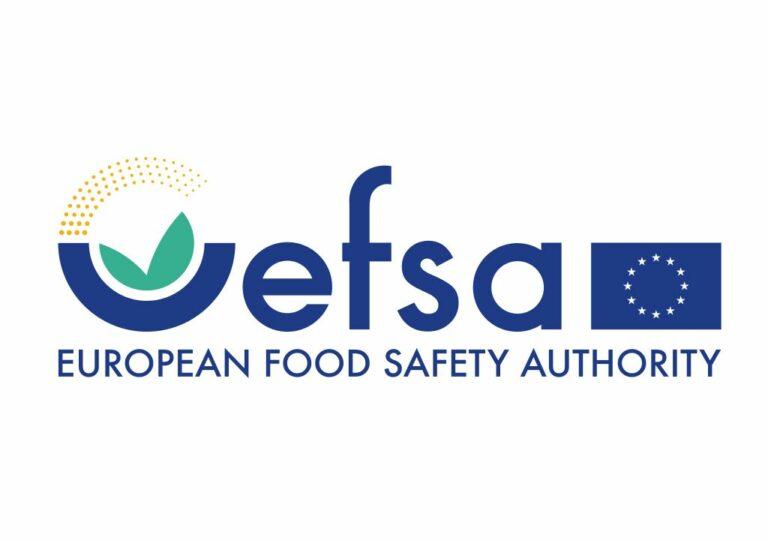Through the Advisory Forum (AF), EFSA and the Member States can join forces in addressing European risk assessment and risk communication issues. Members use the Forum to advise EFSA on scientific matters, its work programme and priorities, and to identify emerging risks as early as possible. Members aim to share scientific information, pool resources and co-ordinate work programmes with EFSA and each other, specifically on:
- Exchange of scientific data
- Coordinating risk communication activities and messages
- Addressing contentious issues and diverging opinions
- Coordinate work and avoid duplication
Member: Ákos Jóźwiak DVM PhD (DFI)
Alternate: Enikő Varga (National Food Chain Safety Office)
EFSA Focal Point: Renáta Prisztóka (National Food Chain Safety Office)
The main objective of the group is to contribute in an advisory capacity to and oversee projects and/or activities launched by EFSA and Member States to implement the recommendations of the Advisory Forum Task Force on Data Collection and Modelling.
The group is composed of voluntary representatives from EFSA's Advisory Forum (AF), EFSA staff and representatives from DG SANTE. Technical experts delegated by the Advisory Forum members may also be involved.
The group is chaired by Ákos Jóźwiak DVM PhD (DFI).
The annual report on the group's work in 2022 is now available.
The Communications Experts Network (CEN) is one of EFSA’s scientific networks. The aim of the network is to share best practices on communicating risks in the food chain and to promote coherence of messages across the EU. The network plays a particularly important role during food-related emergencies, co-ordinating the sharing of information among Member States so that they give consistent advice to consumers and the affected.
Member: Erika Országh (DFI)
Alternate: (National Food Chain Safety Office)
The Emerging Risk Exchange Network (EREN) was established in 2010, facilitating the exchange of information and expertise and the coordination of activities among Member States. Furthermore, it built support and commitment of Member States to the emerging risks identification activities of EFSA. The network’s main goals are:
- Identify and share emerging issues/risks
- Provide additional data on issues/risks discussed previously by EREN
- Share methodologies to identify emerging issues and risks
Member: Ákos Jóźwiak DVM PhD (DFI)
Alternate: Zsuzsa Farkas PhD (DFI)
The aim of the Network on Food Consumption Data (FCD) is to support EFSA in carrying out its
mission in accordance with the established standards of scientific excellence,
transparency and responsiveness foreseen in Regulation (EC) No 178/2002. In
particular, the network shall facilitate EFSA in the collection of high quality, up-to-date
and detailed national food consumption data, as well as the collation of this information
into a pan-European food consumption database hosted by EFSA.
The main objectives of the FCD Network are:
- to provide a forum for exchange of views between experts on methodologies for the collection and collation of food consumption and related data
- to act as a contact point between EFSA and the Member States in order to coordinate the collection of and accessibility to high quality, up -to-date and harmonised food consumption information
Member: Loretta Larnsak (National Food Chain Safety Office)
Alternate: Zsuzsa Farkas PhD (DFI)
The Network for Risk Assessment of the Use of Nanotechnologies in Food and Feed (NANO) aims at anticipating and reducing the duplication of activities and avoiding divergence of opinions between different competence authorities in the area of nano science and nanotechnologies. The network is an environment to share data and methodologies facilitating harmonisation of assessment practices and assist in anticipating possible emerging risks in the EU.
The main objectives of the Nano Network are to:
- facilitate harmonisation of methodologies
- exchange information and data between EFSA and MS
- provide expertise in specific areas
- achieve synergies in activities.
Member: Zsófia Keresztes
Alternate: Andrea Zentai (DFI)

